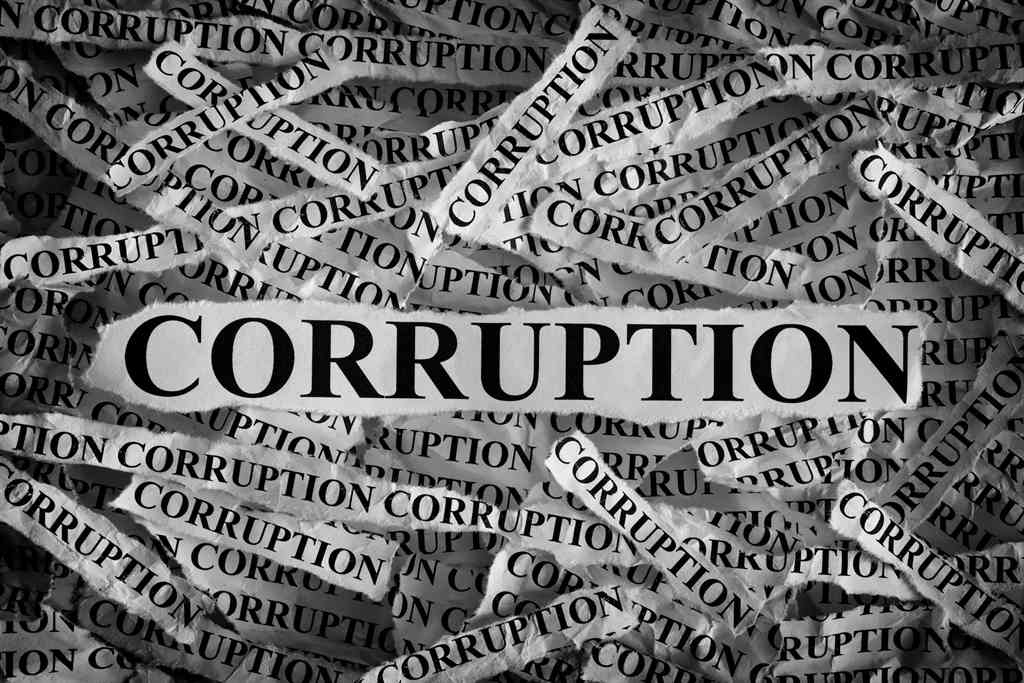
YEAR 2012 – the third anniversary of Zimbabwe’s uneasy power-sharing pact between President Robert Mugabe’s Zanu PF, Prime Minister Morgan Tsvangirai’s MDC-T and the MDC led by Welshman Ncube – was a year of big promises albeit followed by little deliveries, a NewsDay analysis has revealed.
REPORT BY EVERSON MUSHAVA
The constitution-making process, initially scheduled to be concluded at the end of 2010, again failed to be finalised this year and is spilling into 2013, as political parties continue to haggle over content of the document.
Politically, the year was dominated by the usual theatrics from the main actors – Mugabe and Tsvangirai – while Ncube and Deputy Prime Minister Arthur Mutambara also hogged the limelight as they fought for the control of their MDC formation. Constitution-making process
Haggling between the parties was the hallmark of the relationship with parties failing again to conclude the constitution-making process well after the initial deadline that lapsed 18 months ago.
The Parliamentary Constitutional Select Committee (Copac) released its first draft in April and then the refined second on July 18, but persistent bickering over provisions in the draft, including devolution, executive powers, dual citizenship and appointment of governors, among other issues, derailed the process , culminating in the formation of a special Cabinet taskforce to steer the ship to the shore.
About three months ago, Mugabe threatened to dissolve Parliament and proclaim election dates under the current constitution if the parties fail to reach consensus.
“I am saying this because sometimes Parliament thinks that it is full of sovereignty that it should control the acts of the principals, it won’t happen!”
- Chamisa under fire over US$120K donation
- Mavhunga puts DeMbare into Chibuku quarterfinals
- Pension funds bet on Cabora Bassa oilfields
- Councils defy govt fire tender directive
Keep Reading
Elections Armed with a High Court order compelling him to proclaim dates for elections by next March, Mugabe insists elections would be held in March with or without reforms, but Tsvangirai says a date is yet to be agreed upon.
Sadc, the guarantor of Zimbabwe’s unity government, has insisted that elections would only be held after reforms, putting a damper on Mugabe’s plans, who according to observers, is rushing to beat advanced age.
The Zimbabwe Electoral Commission, mandated to oversee the running of elections, has also come up with an array of demands to the principals. The fresh demands, which include 10 weeks of preparing for a referendum and 90-day notice for general elections, have now cast the March deadline in serious doubt.
As calls for elections intensify, Zanu PF and the MDC-T have been battling to shake off allegations of imposition of candidates as jostling for parliamentary seats intensifies ahead of the watershed polls.
Zanu PF is set to announce the guidelines for primaries at the beginning of the year while the MDC-T, which is due to use the confirmation process for sitting MPs, will also announce the dates for the vetting process.
Mugabe succession Once again, Zanu PF failed to deal with the contentious succession issue, with Mugabe retaining his position as the party’s representative in next year’s elections. Mugabe, who will turn 89 next February, said he would fight like a “wounded beast” to win the next elections.
Alleged faction leaders Vice-President Joice Mujuru and Defence minister Emmerson Mnangagwa denied harbouring presidential ambitions and led the pack in endorsing Mugabe.
Mnangagwa, who seemed to have gained control of the party’s grassroots through the district coordinating committees, was dealt a heavy blow when the party made an unprecedented move to disband the decisive structures, a move that reportedly saw Mujuru taking the driving seat.
Ncube versus Mutambara The war for the control of the MDC continued with Sadc recognising Ncube as the leader of the MDC, but Mugabe stood firm in support of Mutambara, arguing the courts should decide on the matter before he could recognise Ncube. Now as 2013 beckons, it remains to be seen whether all the contentious issues afflicting Zimbabwe’s political landscape would be concluded – finally. Stakes are high.
Other parties Other political parties were largely dormant during the year with the exception of a few outbursts from Mthwakazi Liberation Front and Zapu.
The Dumiso Dabengwa-led Zapu continues to swim in murky waters amid reports of a looming split due to infighting.







